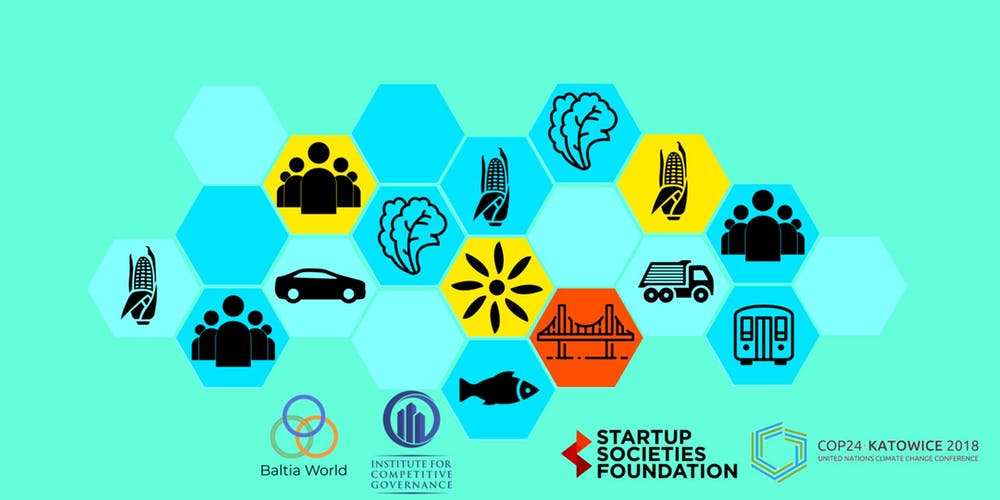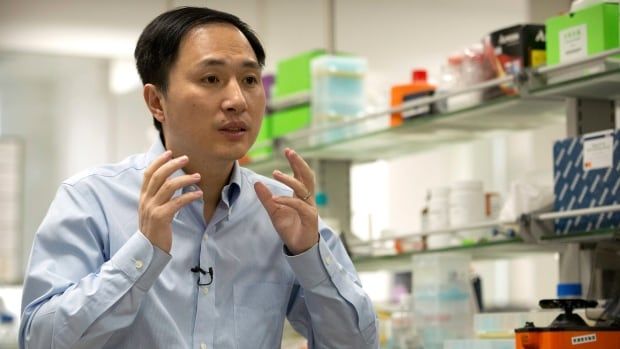Researchers from the Moscow Institute of Physics and Technology, ETH Zurich, and Argonne National Laboratory, U.S, have described an extended quantum Maxwell’s demon, a device locally violating the second law of thermodynamics in a system located 1–5 meters away from the demon. The device could find applications in quantum computers and microscopic refrigerators cooling down tiny objects with pinpoint accuracy. The research was published Dec. 4 in Physical Review B.
The second law says that the entropy — that is, the degree of disorder or randomness — of an isolated system never decreases.
“Our demon causes a device called a qubit to transition into a more orderly state,” explained the study’s lead author Andrey Lebedev of MIPT and ETH Zurich. “Importantly, the demon does not alter the qubit’s energy and acts over a distance that is huge for quantum mechanics.”









